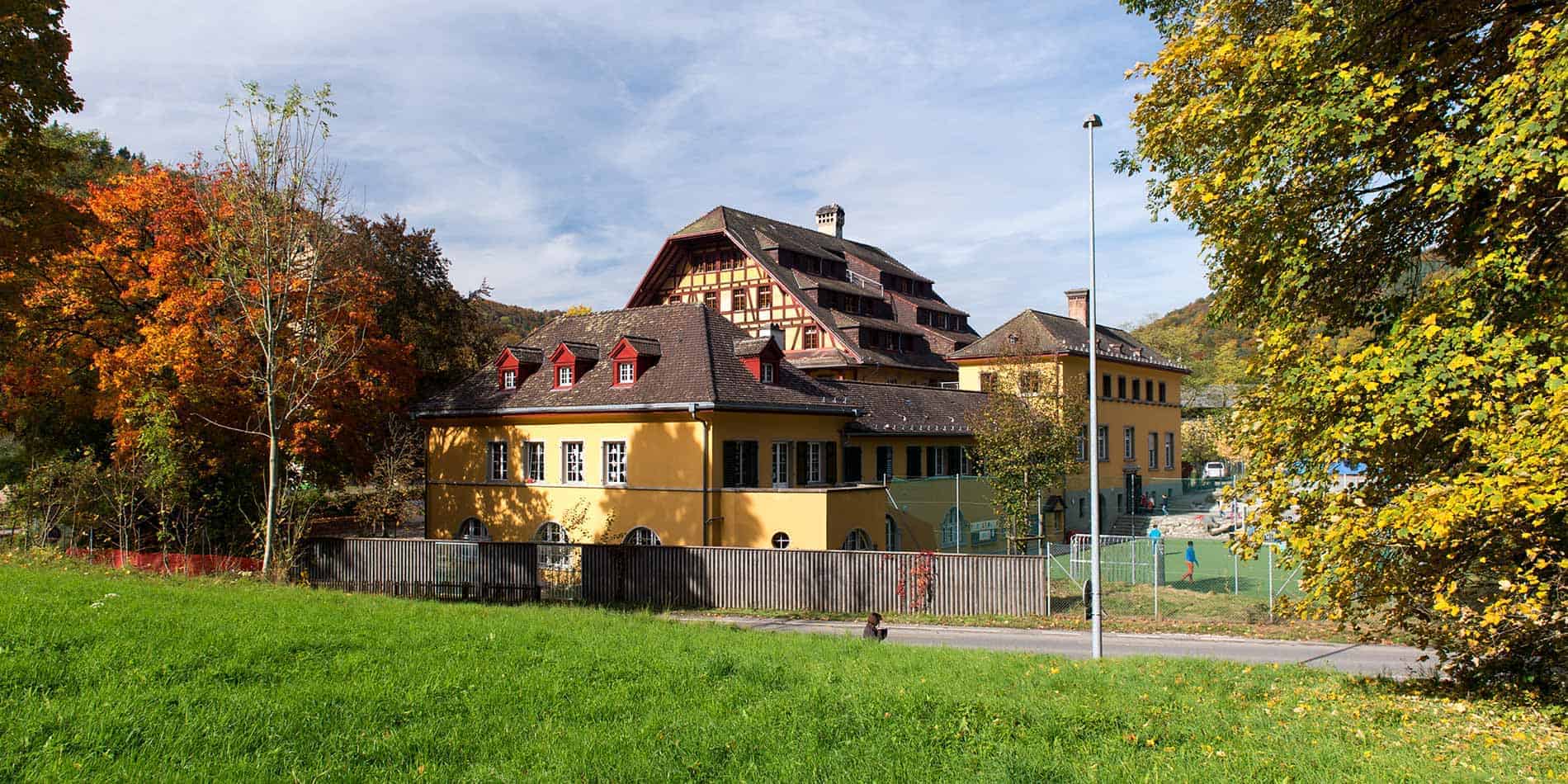The question of “What is learning?” is a dynamic inquiry that demands ongoing reevaluation. It propels individuals into continuous reflections on the significance of lifelong learning. This question delves beyond the aspects of what and how we learn, and goes deeper into the fundamental ‘why’ of learning. The industrial revolution needed a rapid dissemination of knowledge to meet workforce demands, resulting in large standardised classes, where uniform lessons and methods were employed for industrial-oriented education. Today, education constantly lags behind technological advancements, requiring a shift from traditional paradigms to adequately prepare students for future challenges. Learning is no longer confined to the transfer of information, easily accessible through a Google search, but encompasses skills, attitudes, and experiences that mould students’ understanding of learning as a transformative experience.
To gain insight into the evolving nature of learning, we turned to the educators at ISSH. Their reflections revealed a multifaceted understanding of learning. Learning, according to them, is a fluid and constant process that involves:
- collaboration for growth
- embracing mistakes as an integral part of the learning process
- engaging with ideas and theories
- focusing on improvement and understanding of personal development and change
- growing intelligence mentally, emotionally and spiritually
- encouraging the sharing of experiences and developed skills, applied to new situations and areas
- acknowledging that learning is not just an intellectual exercise but a process that changes individuals
Similarly, the Grade 5 students at ISSH shared their perspectives on learning, emphasising that:
- curiosity is a fundamental aspect of the learning journey
- being receptive to new ideas and diverse perspectives is a must
- learning is a process of creating new things that requires creativity
- collaboration is important in the learning process
- reflecting on new knowledge is needed for deeper understanding
Therefore, if learning is about fostering curiosity, openness to new ideas, and acquiring skills and attitudes that enable individuals to face challenges and develop holistically, how should schools adapt? How can educational institutions shift from industrial-era paradigms to cultivate lifelong learners ready to navigate contemporary challenges? How can your definition of learning support our children in their journey? The evolving nature of learning demands a dynamic educational landscape that nurtures creativity, collaboration, and adaptability, empowering individuals to thrive in an ever-changing global environment.

